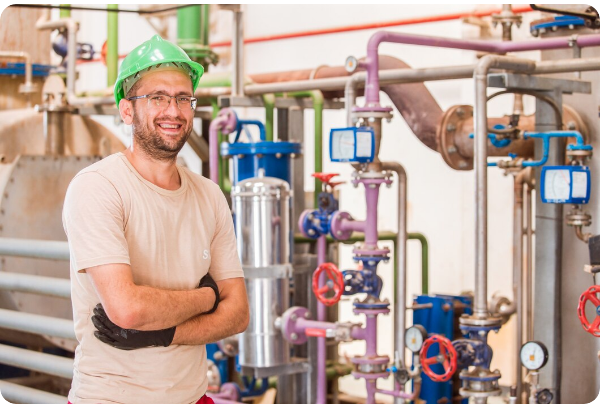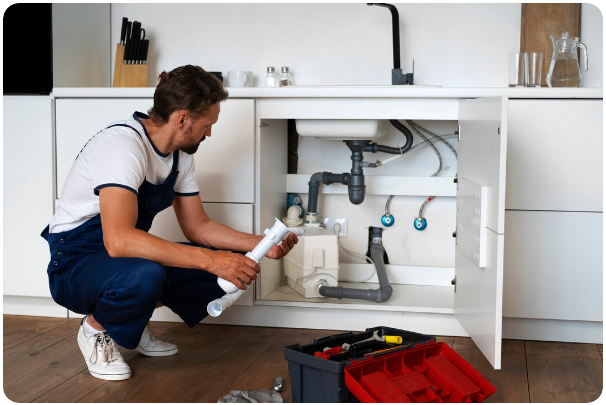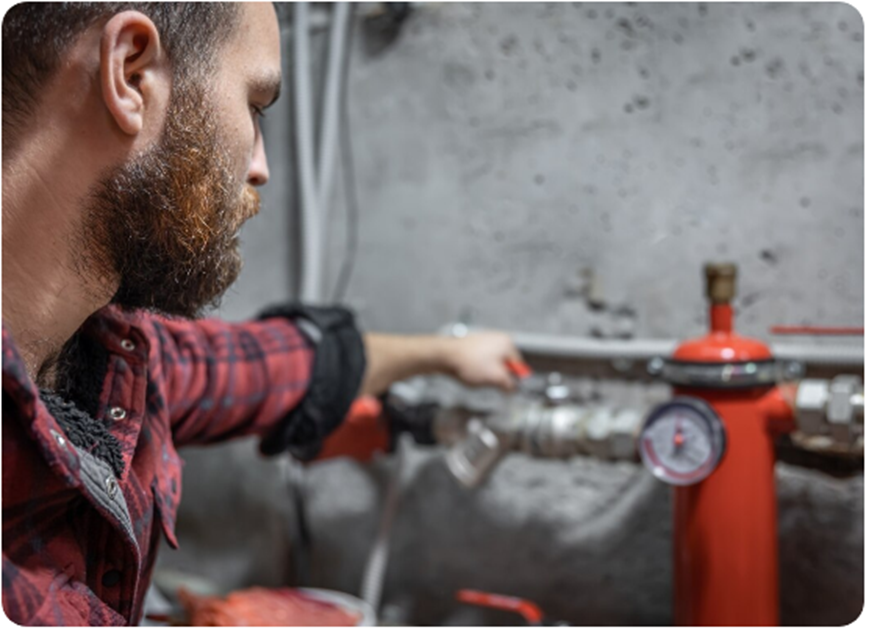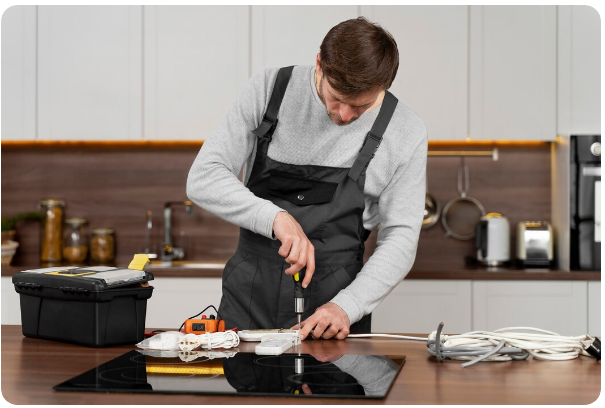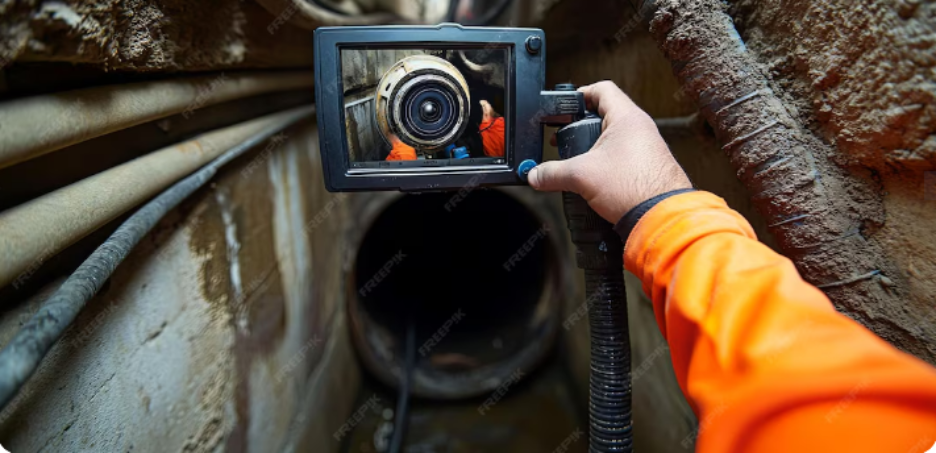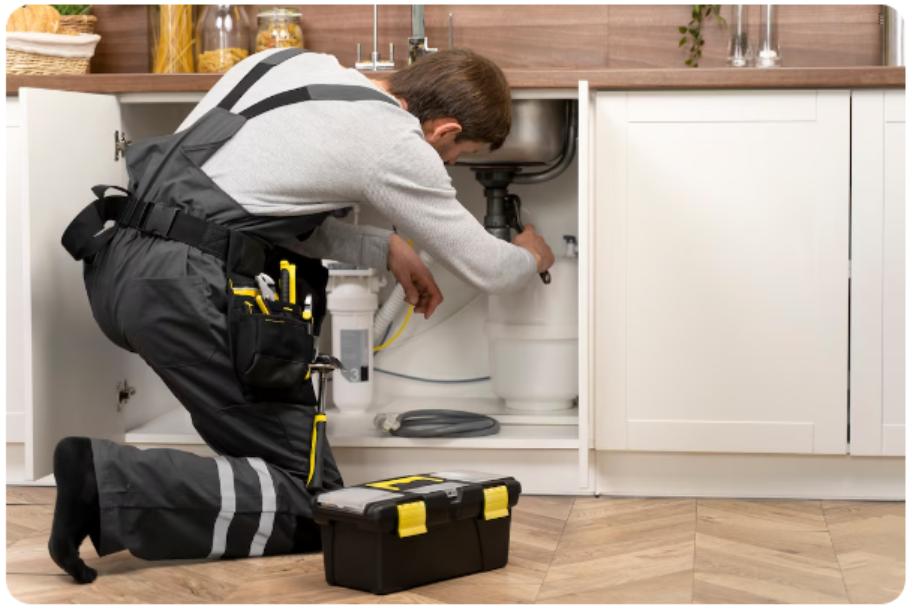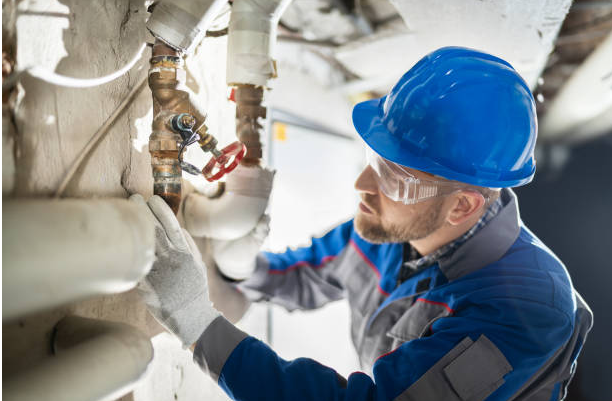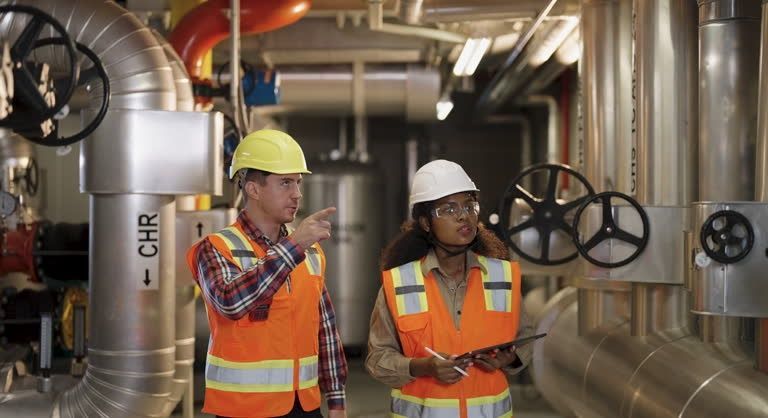Hot Water Systems in Northern NSW: Solar Options, Prices & Longevity
As energy prices continue to climb and sustainability becomes a growing priority for homeowners, hot water systems have emerged as a major focus for energy-efficient living in Northern NSW. With more households upgrading from outdated systems to modern solar or heat pump options, the shift toward renewable solutions is reshaping how Australians access and manage hot water.
Whether you’re replacing an aging electric unit, switching to a more sustainable option, or building a new home, choosing the right system can dramatically affect your comfort, energy efficiency, and long-term savings.
This guide offers a comprehensive overview of the best hot water systems in Northern NSW, including solar options, pricing insights, expected longevity, and expert recommendations from Hipwell Plumbing your trusted local specialist in energy-efficient water heating.
Why Choosing the Right Hot Water System Matters
Hot water is a modern necessity, but it’s also one of the biggest contributors to household energy consumption often making up 20–25% of total energy use. The system you choose directly impacts your energy bills, environmental footprint, and day-to-day comfort.
Selecting the right system means finding the perfect balance between three key factors:
- Energy source: Electric, gas, solar, or heat pump
- Household size and water usage: Larger families need greater storage or faster recovery systems
- Local climate: Determines efficiency and system suitability
In Northern NSW, where the region enjoys a mild climate and abundant sunshine, solar and heat pump systems are particularly effective. Homeowners can take advantage of the sunny conditions to cut costs and reduce reliance on grid electricity all while supporting a more sustainable lifestyle.
Main Types of Hot Water Systems in Northern NSW
Northern NSW homeowners have access to several hot water system options, each with unique advantages and considerations in terms of cost, efficiency, and maintenance.
| System Type |
Energy Source |
Pros |
Cons |
Typical Lifespan |
| Electric Storage |
Mains Electricity |
Reliable and affordable upfront |
Higher running costs |
10–12 years |
| Gas Storage/Instant |
Natural Gas or LPG |
Heats water on demand; lower energy bills |
Requires gas connection |
10–15 years |
| Solar Hot Water |
Solar Energy with booster |
Eco-friendly; long-term energy savings |
Higher initial setup cost |
15–20 years |
| Heat Pump |
Ambient Air |
Extremely efficient; ideal for mild climates |
Can be noisy; slower recovery |
10–15 years |
Each system performs differently depending on usage patterns and site conditions, making professional assessment crucial before installation.
Solar Hot Water Systems: The Sustainable Choice
How Solar Hot Water Systems Work
Solar hot water systems harness the sun’s free energy to heat water stored in an insulated tank. Roof-mounted solar collectors absorb sunlight and transfer the heat to water circulating through the panels. On cloudy or cooler days, a booster element either electric or gas kicks in to maintain consistent water temperature.
Benefits of Solar Hot Water Systems
- Energy Efficiency: Solar energy can supply up to 70% of your household’s hot water needs, significantly reducing electricity or gas consumption.
- Reduced Bills: By relying primarily on sunlight, you can slash your utility bills year-round.
- Environmentally Friendly: A solar system can cut carbon emissions by up to 80–85% compared to conventional systems.
- Long-Term Durability: Solar systems are designed for longevity, with fewer mechanical components and minimal operational costs over time.
Solar Suitability in Northern NSW
With 250–280 sunny days per year, Northern NSW is perfectly suited for solar technology. However, performance also depends on your roof orientation, shading, and water demand. Professional installation ensures the panels capture maximum sunlight and the system operates efficiently.
Hipwell Plumbing provides tailored installation services, ensuring each system is optimized for the unique conditions of your property.
Cost of Hot Water Systems in Northern NSW (2025)
| System Type |
Approx. Installation Cost (AUD) |
Average Annual Running Cost |
Energy Efficiency |
| Electric Storage |
$800 – $1,800 |
$800 – $1,200 |
Low |
| Gas Storage |
$1,200 – $2,500 |
$400 – $700 |
Medium |
| Instant Gas |
$1,500 – $3,000 |
$350 – $600 |
High |
| Solar (with Booster) |
$3,500 – $7,000 |
$100 – $300 |
Very High |
| Heat Pump |
$2,000 – $4,000 |
$150 – $400 |
Very High |
Note: Prices are estimates for Northern NSW households and may vary based on brand, system size, and site requirements.
Government Rebates and Incentives
Homeowners in Northern NSW can benefit from financial incentives under the Australian Government’s Small-scale Renewable Energy Scheme (SRES). This program provides Small-scale Technology Certificates (STCs), which can be traded to offset the upfront cost of eligible solar or heat pump systems.
By claiming STCs through your installer or energy provider, you can reduce installation costs by hundreds or even thousands of dollars.
For accurate rebate estimates and assistance with paperwork, consult local experts like Hipwell Plumbing, who can guide you through eligibility and application steps.
System Longevity and Maintenance
Expected Lifespans
Longevity depends on proper installation, quality of components, and ongoing maintenance. Here’s a quick overview:
- Solar Hot Water: 15–20 years
- Heat Pump: 10–15 years
- Gas Instant: 10–12 years
- Electric Storage: 8–12 years
Maintenance Tips for Long-Term Performance
- Regular Servicing: Schedule a professional inspection every 2–3 years.
- Anode Replacement: Replace sacrificial anodes in storage tanks every 5 years.
- Solar Panel Cleaning: Keep panels clean for optimal energy absorption.
- Valve Checks: Test pressure and temperature relief valves annually.
Professional maintenance from Hipwell Plumbing helps prevent breakdowns and extends the system’s lifespan, ensuring maximum efficiency and safety.
Hot Water Installation: What to Expect
Site Assessment
Your installer will evaluate roof space, panel orientation, plumbing layout, and household water usage to recommend the right system and size.
Installation Process
- Old system removal – Safe disposal of existing equipment.
- Mounting and positioning – Roof panels and storage tanks are securely installed.
- Plumbing connections – Hot and cold water lines are connected.
- Electrical or gas integration – For systems with boosters.
- Testing and commissioning – The setup is checked for leaks and efficiency.
Hipwell Plumbing ensures every installation complies with Australian Standards, ensuring both safety and system performance.
Environmental Impact and Energy Savings
Switching to a solar or heat pump system can drastically reduce your home’s carbon footprint:
| System Type |
CO₂ Emissions per Year (kg) |
Potential Savings vs. Electric |
| Electric Storage |
~3,000 |
- |
| Gas Storage |
~1,600 |
45% |
| Solar Hot Water |
~500 |
85% |
| Heat Pump |
~600 |
80% |
These savings don’t just benefit the environment they also translate into substantial long-term cost reductions for homeowners.
Comparing Solar Hot Water vs Heat Pump Systems
Both solar and heat pump systems are energy-efficient choices, but they work differently. Here’s a side-by-side comparison:
| Feature |
Solar Hot Water |
Heat Pump System |
| Energy Source |
Sunlight |
Ambient Air |
| Climate Suitability |
Best for sunny regions |
Works in most climates |
| Running Costs |
Lowest in sunny seasons |
Consistent all year |
| Maintenance |
Occasional cleaning |
Minimal |
| Lifespan |
15–20 years |
10–15 years |
| Initial Cost |
Higher |
Moderate |
In Northern NSW, solar systems typically offer the best long-term value, especially when combined with government rebates.
Signs It’s Time to Replace Your Hot Water System
- Water heats slowly or runs out quickly
- Rust-coloured or metallic-tasting water
- Leaks or visible corrosion around the tank
- Noisy or inconsistent operation
- Unexpectedly high energy bills
Addressing these issues early can prevent costly breakdowns. For expert assessment and replacement, contact Hipwell Plumbing, specialists in hot water installation and repair across Northern NSW.
Conclusion
Choosing the right hot water system for your Northern NSW home is about more than comfort it’s about smart energy management and sustainability. With solar and heat pump options, homeowners can enjoy reliable hot water while dramatically reducing costs and environmental impact.
For expert advice, professional installation, or maintenance support, contact us at Hipwell Plumbing your trusted local partner in energy-efficient hot water systems across Northern NSW.
FAQs About Hot Water Systems in Northern NSW
How do I know which hot water system is best for my home?
It depends on household size, budget, and energy goals. Solar and heat pump systems are ideal for Northern NSW due to the region’s climate and renewable energy potential.
Are solar hot water systems reliable during cloudy days?
Yes. Most solar systems include electric or gas boosters to maintain water temperature even during cloudy or rainy weather.
How long does installation take?
Typically, installation takes 3–6 hours, depending on system type and plumbing requirements.
Do I need council approval for solar installation?
Usually not, but checking local regulations is recommended. Licensed plumbers like Hipwell Plumbing can handle all compliance requirements.
Can I replace an electric system with a solar one?
Absolutely. Converting from electric to solar is a smart, long-term investment that can significantly cut your energy bills.


